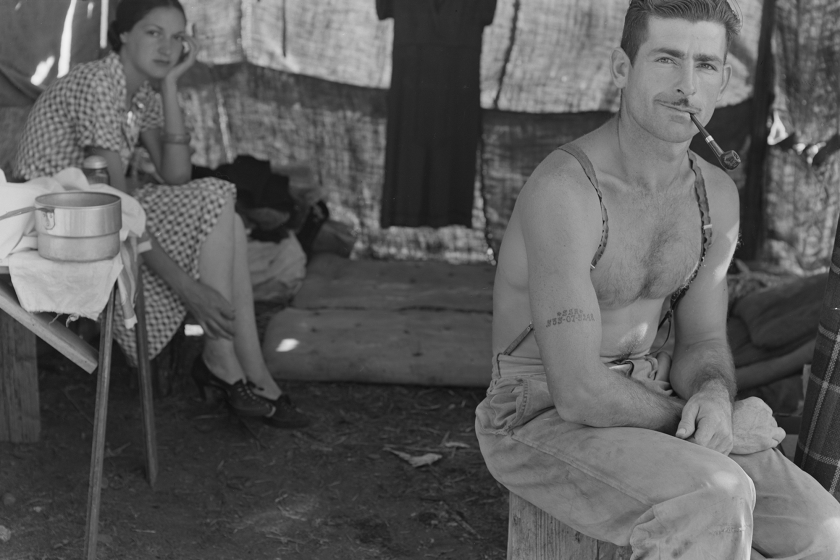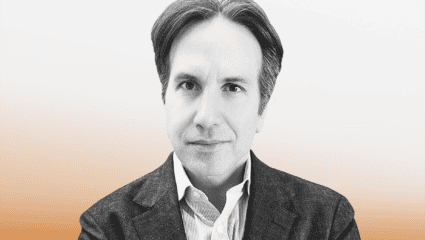Dan Bouk and Caley Horan both find the history of insurance “endlessly fascinating,” as they discussed on this week’s Drinks With The Deal podcast. The subject involves “concepts like fate, chance, uncertainty, but also protection, responsibility, security,” said Horan, a professor of history at the Massachusetts Institute of Technology. “Nearly all forms of insurance spread risk across groups, which means it’s a social institution.”
Bouk, a professor at Colgate University, was drawn to the subject by seeing how “the financial world was spilling out into all kinds of different parts of culture and life” when he was starting graduate school in the early 2000s. That pushed Bouk and other historians to look for antecedents in American history. He explores the rise of the insurance industry in the early 20th century in his book “How Our Days Became Numbered: Risk and the Rise of the Statistical Individual,” in which he traces how insurers companies become more involved in Americans’ daily lives and culminated in the creation of Social Security in 1935.
“Insurance didn’t just integrate into middle-class life, it shaped what we think a middle-class life is,” Bouk said. Life insurance “made it possible for people living off of wages to perpetuate their wealth to future generations” by accumulating savings at a time when banks often failed.
Horan picks the story up in 1937 in her new book “Insurance Era: Risk, Governance and The Privatization of Security in Postwar America,” where she considered how the insurance industry marketed its products as a way for purchasers to exercise individual responsibility and “masked the collective nature of insurance during the Cold War,” she said. She and Bouk also discuss how insurers discriminated against African Americans, who often had to pay more for policies and were barred from living in residential communities that insurers built after World War II such as Stuyvesant Town in New York.
“I say that I am a historian of bureaucracies, quantification and other modern things shrouded in boringness,” said Bouk, who is finishing work on a book about the 1940 U.S. census. “Whenever I see something that’s boring, I think that’s something that’s also very important.”
Here’s the podcast:
More podcasts from The Deal are available on iTunes, Spotify and on TheDeal.com.




